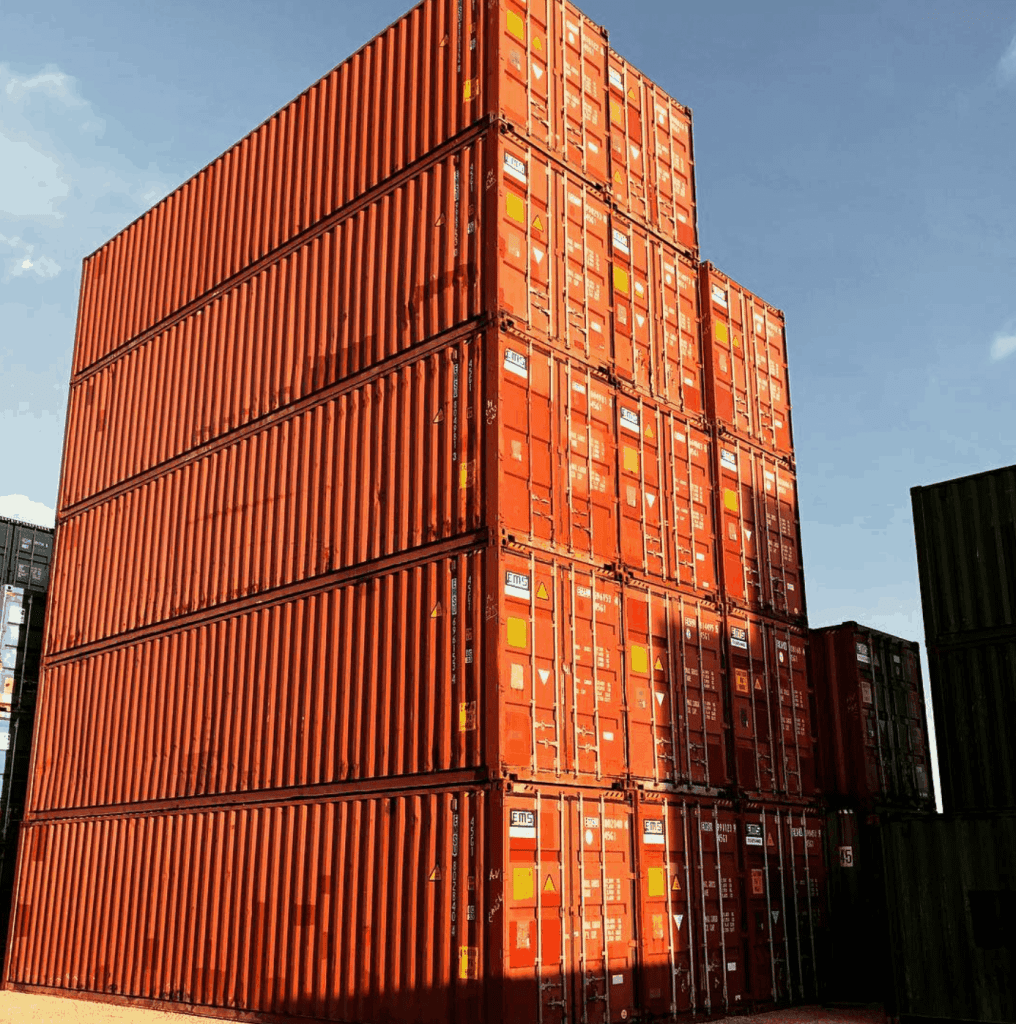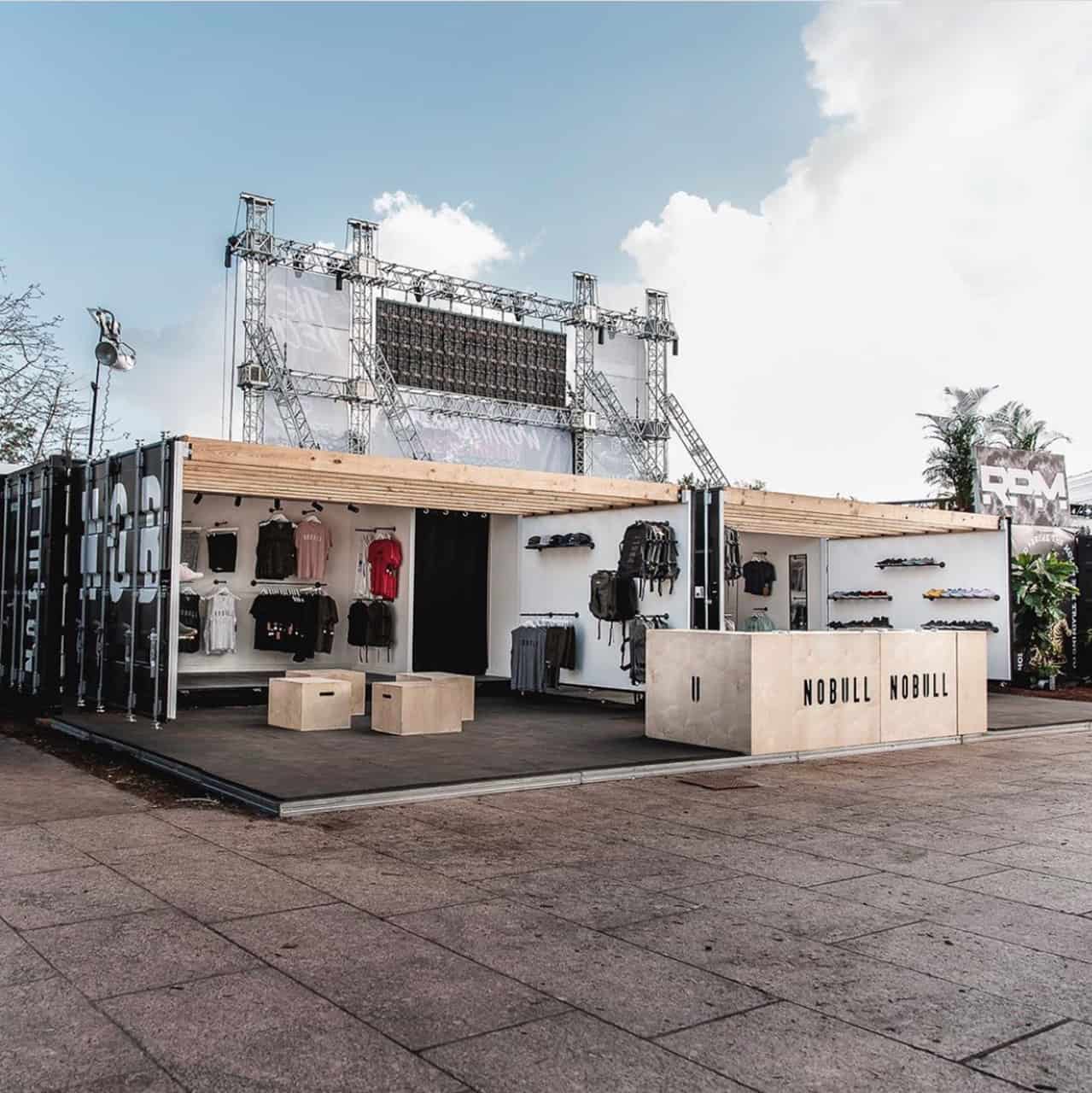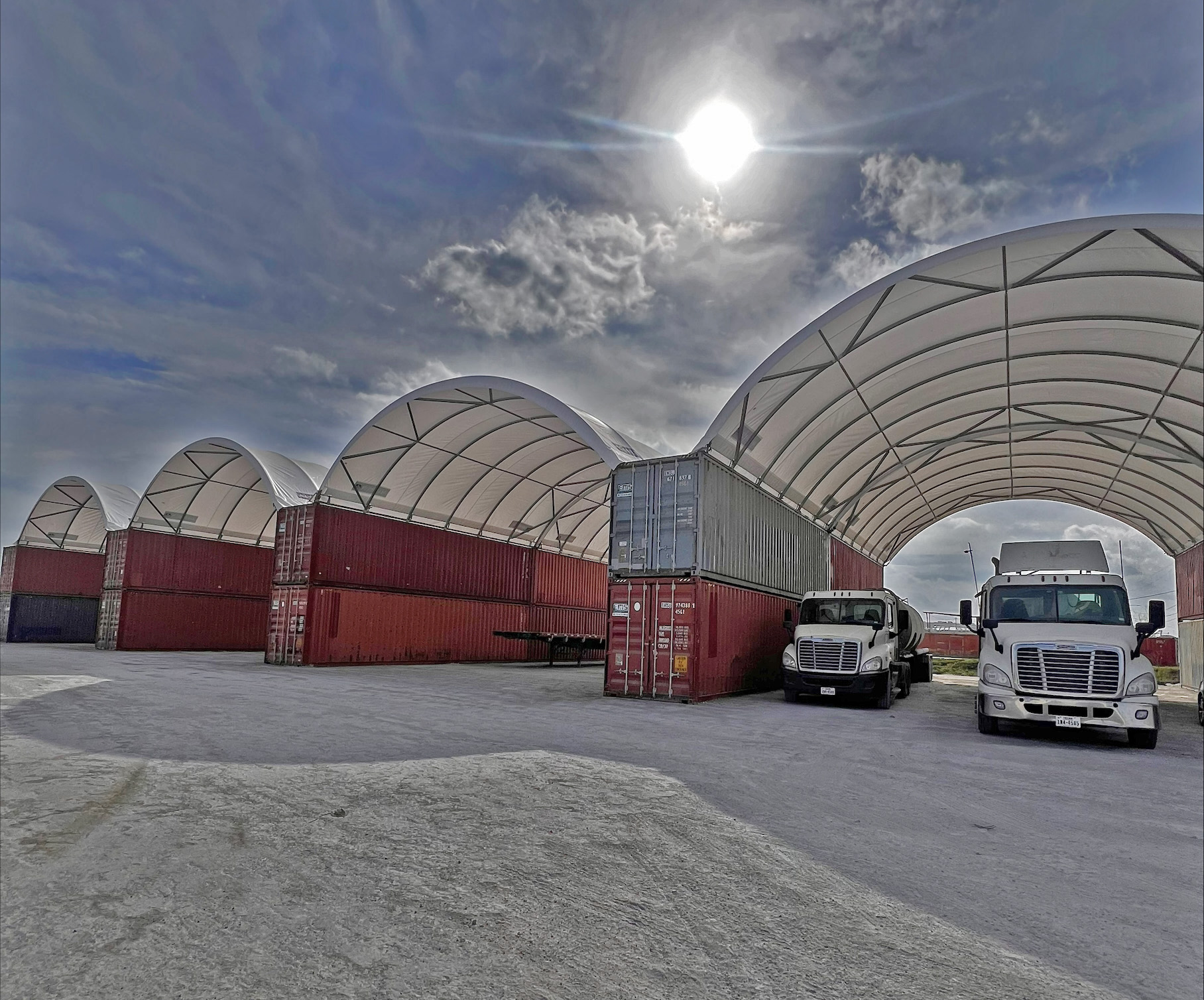A shipping container is essentially a metal structure that is shipped across stormy seas, stacked one on top of another and often exposed to the extreme weather conditions of the open ocean. For this reason, it’s understandable that many think that most containers are the same and just buying any will do.
While others may picture these as only being massive metal arks that aren’t very versatile for other needs outside of shipping large quantities of goods.
This article will try to clear up some of those misconceptions. We’ll discuss some of the different options that you should consider when purchasing bulk containers . That way you’ll be equipped to choose the right containers for your needs.
1. The Condition of the Shipping Container
As mentioned above, shipping containers are often exposed to the elements of the open ocean. This means sometimes, even for weeks on end, they’re getting sprayed by salty ocean water that can accelerate the rusting process. Still, others may have suffered damage during the process of shipping or even while in port.
While the option of buying used shipping containers may be an extremely cost-effective, the price will usually reflect the condition the containers are in. This is why it’s important to inspect the containers yourself before buying.
Shipping containers get sold at different grades relative to their wear and tear. These grades take into account such factors as:
- Age
- Whether or not they are wind and watertight
- Scratches and dents
- Rust damage–whether superficial or structural
Of course, when inspecting the condition the containers are in, you’ll want to consider what you’ll be storing in these containers or otherwise using them for.
2. What You’ll be Storing or Transporting in the Containers
The condition of the container you buy will also depend on the value and fragility of what you’ll be storing inside of it. Will you be storing or shipping things such as furniture, books, electronics, expensive vehicles, or other valuables? If so, then a new or Grade A condition container would be the best option.
These types of containers are going to be weatherproof, vermin-proof, rust-free, and won’t have any structural damage whatsoever. They’ll also be clean and either newly painted or repainted so as to last and keep your valuables in as pristine a condition as possible.
What about if you’ll be storing goods of lesser value or concern? These may be things such as tools, building materials, work equipment, and recreational vehicles. If this is the case, you could very well save some money and go with either a Grade B or Grade C condition used shipping container.
A Grade B container is going to be one that’s also weatherproof but may contain some superficial damage, such as rust and dents.
A Grade C container is one you’d consider only for goods that can be partially exposed to the weather with little problem. It may include certain building materials and recreational or agricultural equipment. These containers won’t be weatherproof and may contain a certain level of flaking rust, which could limit structural integrity.
Beyond simply being used for storage, there are many other uses for shipping containers that will affect which options you go with.
3. What Purpose You’ll be Buying Shipping Containers For
How much you value long-term structural reliability or the cosmetic condition of your shipping container is going to largely depend on what it’s going to be used for.
Just some of the cool options shipping containers are popularly used for are:
- Mobile and stationary shipping container offices
- Container homes
- Mobile food vendors
- Garages and sheds
If you’ll be using bulk containers solely as storage space and won’t be hauling them around for shipping purposes, neither will you be having business meetings inside of them, or use them as living space, then cosmetic appeal isn’t going to be a top priority.
In this case, a used container with just some superficial rust and denting may be an excellent, affordable option.
However, if you’ll be turning your containers into a super cool, ultra-modern home, office, or restaurant, both structural integrity and aesthetics are going to be incredibly important.
This is especially true if you’ll be making many modifications to the containers, such as cutting away parts of the walls for windows and appliances. Since these containers will no longer be just for storing goods, but will actually contain people, safety will be a top priority. In that case, you’ll want these containers to be dent and rust-free, especially in the critical areas that provide structural strength.
4. What are the Local Building and Zoning Codes and Regulations?
While there are a great many advantages to using shipping containers as buildings, one potential disadvantage is that it can be difficult to gain permission in some areas to do so.
Not only does each state have its own codes and regulations, but each municipality does as well. Before making a major purchase on shipping containers to modify into a habitable building, make sure to address this items.
- The foundation it will sit on
- The material used for insulation and how much is used
- Proper electrical and plumbing
- Structural integrity
Some municipalities don’t allow shipping containers to be used for habitable buildings at all. Others limit their use, such as not allowing them to be stacked on top of one another if intended for people to live in them.
As an example of factors to consider, check out this reference relating to the codes of ordinances for the city of Houston.
5. Experience of the Contractor Who Will Be Working on Your Containers
Say you’ve decided to do a build with shipping containers. You’ve made your plans, picked out your location, and researched the effectual codes and regulations. After actually buying shipping containers, the next step would be choosing who will make the modifications needed to complete your build.
Building with bulk containers is still a relatively new trend. This being so, finding a contractor who is not just experienced, but experienced at working with shipping containers can be a challenge.
You’ll not only want someone who’s done some work on them before, but who can see the process through from design to completion.
Ask questions like:
- Have you installed heating and HVAC systems for shipping container buildings?
- Have you cut out and installed windows in shipping containers?
- Have you insulated containers before?
- Can you show me examples of your previous work?
Since this is such a specific niche, it’s well worth the time and money to find the right contractor for the modifications needed to turn your building idea into a reality.
Ask the Right Questions to Get the Right Containers for the Right Purpose
Do you think buying shipping containers would be your best option for your transportation, storage, or building needs? Be sure to take the above considerations in mind before purchasing shipping containers for any use.
Do you have container-related questions that weren’t covered above? Are you ready to purchase one or multiple containers for your needs? Then, get in touch with us today! So, we can help you through the entire process of choosing, buying, modifying, and transporting your shipping containers.










